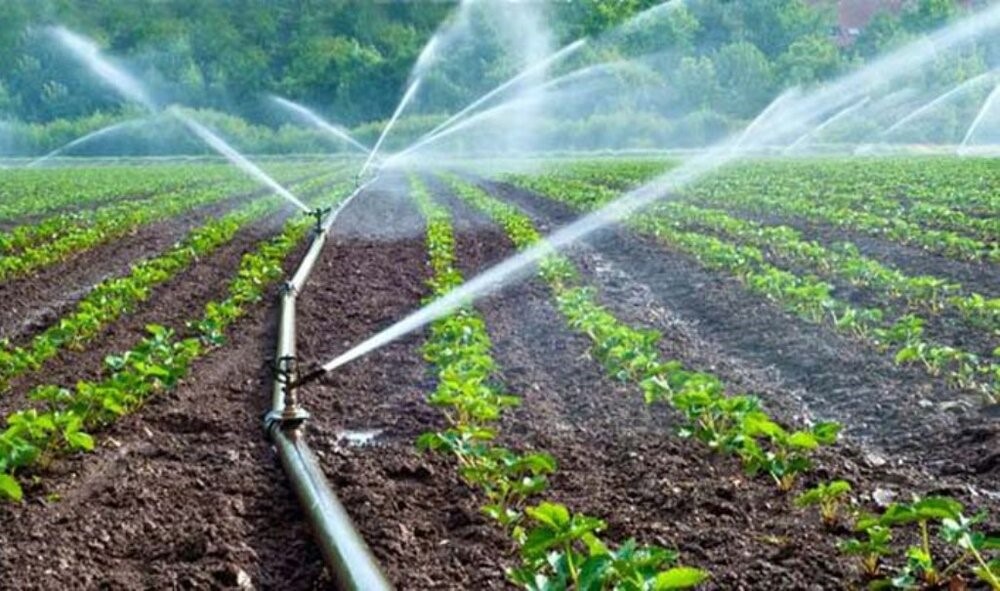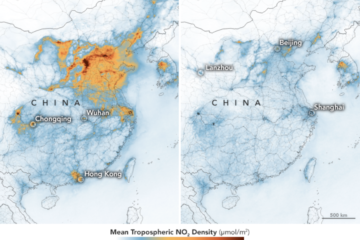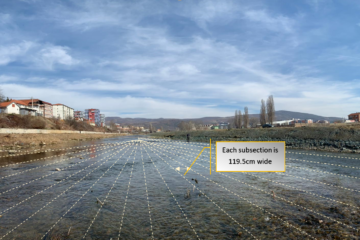Water is an essential element in our lives, but population growth and climate change are forcing us to re-evaluate how we manage water resources to maintain sustainable access to clean water.

Population growth, combined with increasingly severe droughts and floods, are straining our rivers and water supplies like never before.
Historians have emphasized in their researches the changes occurred during the Industrial Era (ca. 1780–1960 in the West). This period was crucial for the use of water resources because of the competition between different activities needing water: washing, factories needing pure water, factories using rivers as a receptacle for their wastes, professional or leisure fishing, etc. With the decrease of industrial discharges and boat traffic, in the last decades of the twentieth century (and mainly in the Western countries), water has been integrated in many urban development programs as a source of leisure and of aesthetic value.
the West). This period was crucial for the use of water resources because of the competition between different activities needing water: washing, factories needing pure water, factories using rivers as a receptacle for their wastes, professional or leisure fishing, etc. With the decrease of industrial discharges and boat traffic, in the last decades of the twentieth century (and mainly in the Western countries), water has been integrated in many urban development programs as a source of leisure and of aesthetic value.
Water resources, indispensable to life, are relatively limited with respect to the Earth surface and unequally distributed in the humanized spaces. They have been targeted by many different human actions through the centuries, which makes environmental history of water a well represented approach, among environmental history in general. In addition to its use for drinking and cleaning, water has contributed to the development of an increasingly productive agriculture with irrigation;

These extremes mean that communities need to manage and use water in a smarter, more economical way that benefits both communities and nature.
Integrated Water Resources Management (IWRM) is a process which promotes the coordinated development and management of water, land and related resources in order to maximize economic and social welfare in an equitable manner without compromising the sustainability of vital ecosystems and the environment.
IWRM is a framework designed to improve the management of water resources based on four key principles adopted at the 1992 Dublin Conference on Water and the Rio de Janeiro Summit on Sustainable Development. These principles hold that: (1) fresh water is a finite and vulnerable resource essential to sustain life, development, and the environment; (2) water development and management should be based on a participatory approach, involving users, planners, and policy makers at all levels; (3) women play a central part in the provision, management, and safeguarding of water; and (4) water has an economic value in all its competing uses and should be recognized as an economic good.
IWRM helps to protect the world’s environment, foster economic growth and sustainable agricultural development, promote democratic participation in governance, and improve human health. Worldwide, water policy and management are beginning to reflect the fundamentally interconnected nature of hydrological resources, and IWRM is emerging as an accepted alternative to the sector-by-sector, top-down management style that has dominated in the past.
As a conclusion Integrated Water Resources Management is a cross-sectoral policy approach, designed to replace the traditional, fragmented sectoral approach to water resources and management that has led to poor services and unsustainable resource use. IWRM is based on the understanding that water resources are an integral component of the ecosystem, a natural resource, and a social and economic good.


